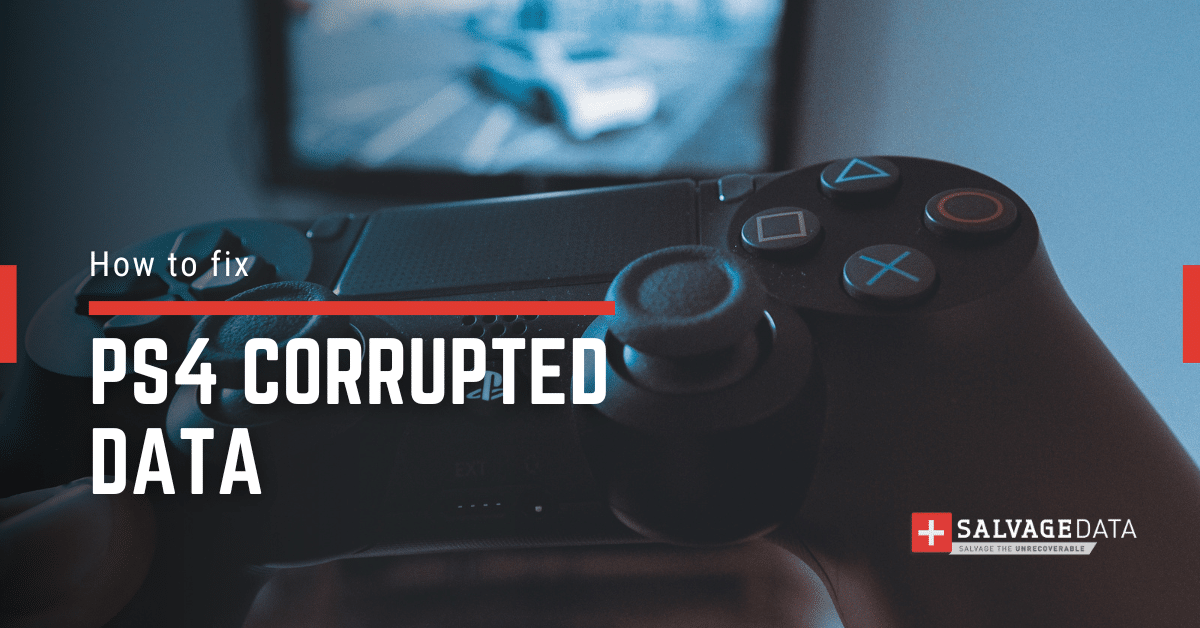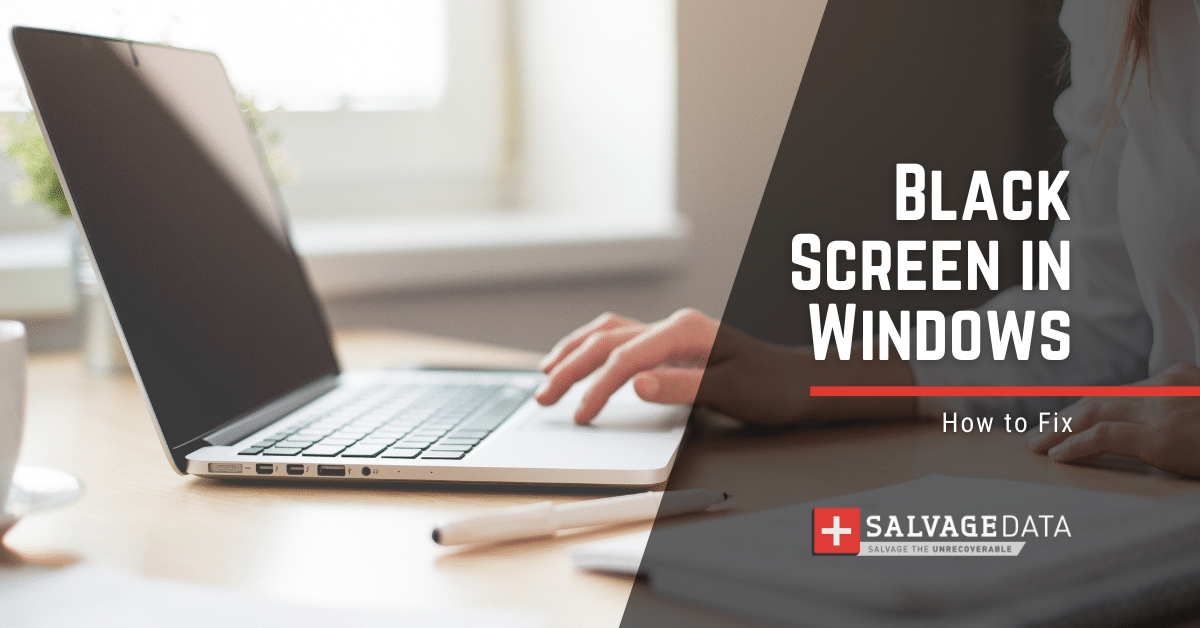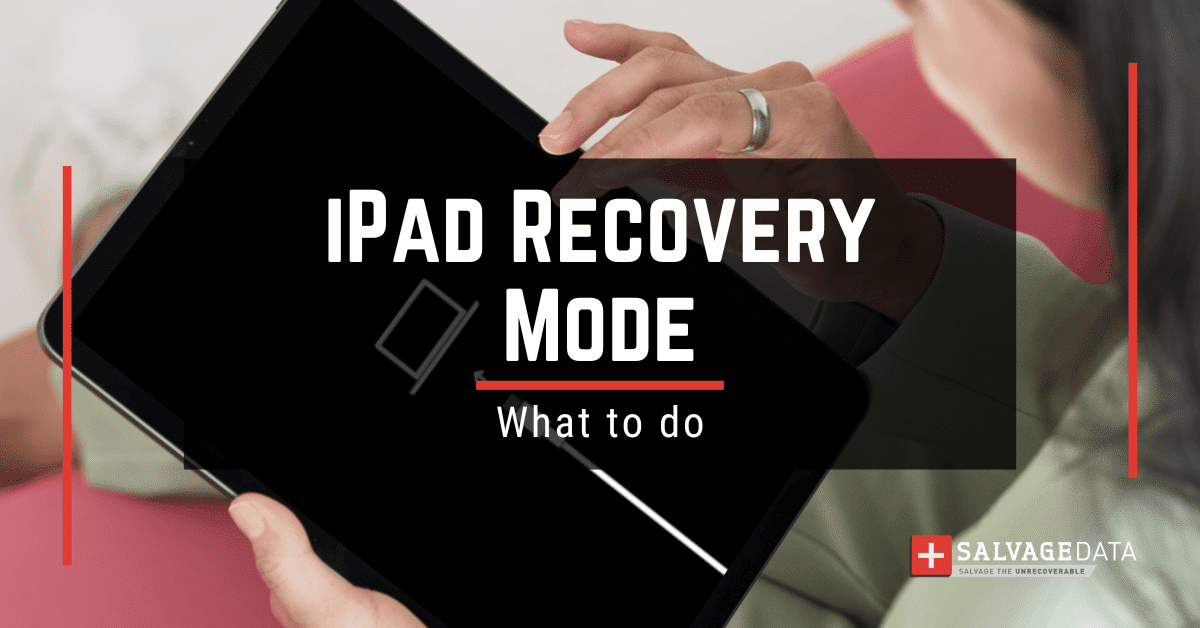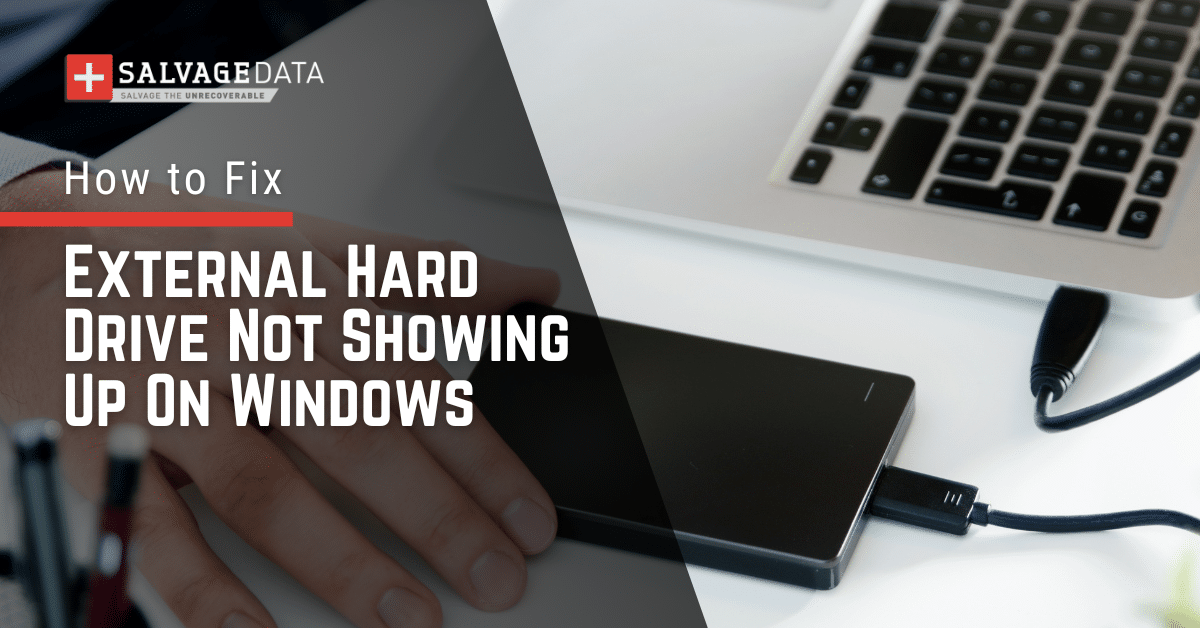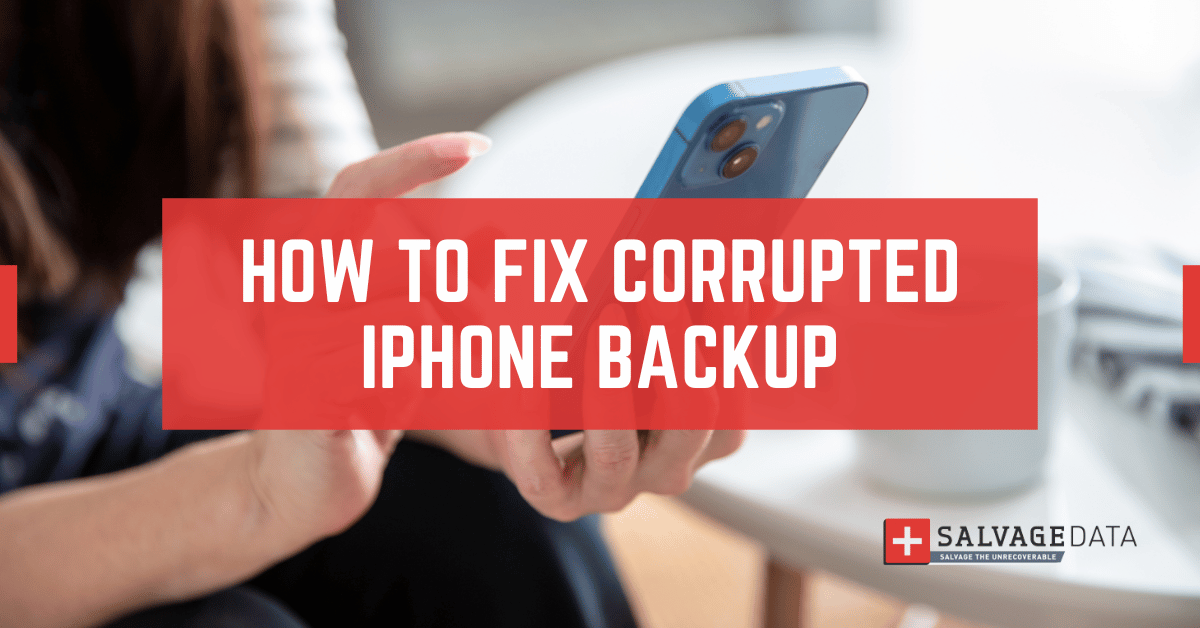Recent Articles
Quickest Mobile Data Recovery Case: 100% of Data Recovered in One Hour
How to fix a corrupted database on PS4
How to Troubleshoot Black or Blank Screens in Windows
LockBit Ransomware: A Comprehensive Guide to the Most Prolific Cyber Threat
How To Use iPad Recovery Mode
How to Prevent Overwriting Files: Best Practices
External Hard Drive Not Showing Up On Windows – Solved
How to Fix a Corrupted iPhone Backup
Backup and Remote Wiping Procedures
Common VMware Issues and Troubleshooting Solutions

I think there's an issue with my storage device, but I'm not sure Start a free evaluation →
I need help getting my data back right now Call now (800) 972-3282
In May 2017, a new ransomware called Spora emerged. This ransomware is notable for its use of AES-256 encryption and its focus on Russia and other former Soviet countries. Spora’s developers have also created a unique payment system that allows victims to pay for decryptions using Bitcoin, Monero, or Zcash. Spora is distributed via spam emails that contain malicious attachments or links. When opened, these attachments or links will download and install the ransomware onto the victim’s computer. Once installed, Spora will encrypt the victim’s files using strong encryption and append the “.spora” extension to the encrypted files. For example, a file named “1.jpg” would be renamed to “1.jpg.spora”. Then, it will display a ransom note that instructs the victim on how to pay the ransom and decrypt their files. Spora’s ransom payments range from $79 to $1,600, depending on the number of computers infected and the time frame in which the ransom is paid. Spora is a serious threat to computer users and should be avoided at all costs.
How to prevent it?
- Keep your computer and software up to date. Spora exploits vulnerabilities in outdated software to infect computers, so it’s important to keep your operating system and software up to date with the latest security patches.
- Don’t open email attachments from unknown senders. This ransomware is typically distributed via email attachments, so it’s important to be cautious of attachments from unfamiliar senders. If you’re not expecting an attachment, don’t open it.
- Back up your files regularly. Because Spora encrypts your files and demands a ransom payment for their decryption, having regular backups of your data can help you recover your files if you do become infected.
- Use a reputable antivirus program. Antivirus programs can detect and remove it from your computer, so it’s important to have one installed and up to date.
- Be cautious of links in emails. Spora can also be distributed via malicious links in email messages. If you’re not expecting a link, don’t click on it.
- Use a reputable firewall. Firewalls can help prevent Spora and other malware from infecting your computer by blocking incoming traffic from malicious sources.
- Use strong passwords. Spora uses brute force attacks to guess passwords, so it’s important to use strong, unique passwords for all of your online accounts.
What should you do?
If you believe you may be infected, do not pay the ransom. Paying the ransom does not guarantee that you will get your files back. It may make you a target for future attacks. Additionally, by paying the ransom, you are supporting the development of Spora and other ransomware programs.
Try using a reputable ransomware removal tool. Ransomware removal tools can detect and remove Spora from your computer.
Restore your files from a backup. If you have a backup of your files, you can restore them after removing Spora from your computer.
Public decryption tool
There is currently no public decryption tool available for Spora. However, researchers are working on developing one.
Contact law enforcement. If you have been infected with Spora, you should report the incident to local law enforcement. Law enforcement can often help you recover your files without paying the ransom.
Contact a professional for help. If you’re not comfortable removing Spora yourself or restoring your files, you can contact a professional for assistance.
SalvageData Recovery Services can help you recover your files without paying a ransom. We offer a free evaluation to all Spora victims, so you can see how we can help before making any decisions.
Our Spora removal and file recovery services are available 24/7. Contact us to get help now.
Just give us a call at +1 (800) 972-3282 or fill out our online form. One of our Spora removal experts will be in touch shortly to help you get started.


